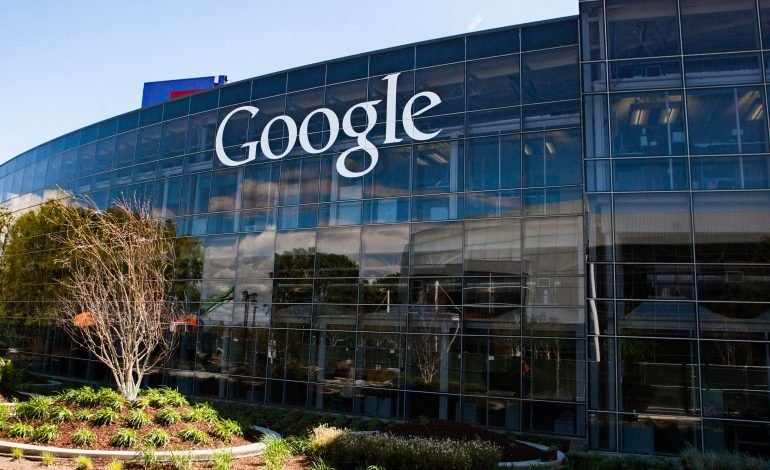Google Faces New Antitrust Challenge Over Advertising Monopoly

Just a month after being ruled an illegal monopoly over its search engine, Google now finds itself embroiled in another antitrust battle, this time targeting its advertising technology. The lawsuit, brought by the US Justice Department and a coalition of states, accuses Google of maintaining a monopoly over the ad tech that connects online publishers with advertisers. The government claims that Google’s control over both sides of these transactions allows it to keep up to 36 cents of every dollar spent on digital ads, squeezing out competitors and publishers alike.
Google, however, argues that the government’s case is based on an outdated view of the internet, focusing on traditional desktop advertising when much of the market has shifted to mobile and social media platforms like TikTok and streaming services such as Peacock. The company points to a decline in its Google Networks division’s revenue, which fell from $31.7 billion in 2021 to $31.3 billion in 2023, as evidence that its dominance in advertising is waning.
The legal showdown begins this week in Virginia, where a judge, not a jury, will decide Google’s fate after the tech giant paid over $2 million to eliminate the only claim that required a jury trial. U.S. District Judge Leonie Brinkema, known for her experience in complex civil trials, will preside over the case. This trial comes hot on the heels of Google’s recent defeat over its search engine, where another judge declared it a monopoly sustained through multi-billion dollar deals to secure its position as the default search option on devices like Apple’s iPhones.
Peter Cohan, a management professor at Babson College, suggests that this new lawsuit could pose an even greater threat to Google. He notes that a likely remedy would involve forcing Google to divest parts of its ad tech business, a move that could significantly disrupt its operations and revenue. “Divestitures are definitely a possible remedy for this second case,” Cohan says, highlighting the potential impact on Google’s advertising empire.
In court, government lawyers argue that Google’s practices have harmed publishers by extracting excessive fees, forcing many to increase ad loads, implement paywalls, or face financial ruin. Witnesses from major publishers, including The New York Times and Gannett, are expected to testify about the adverse effects of Google’s dominance on their businesses. Google disputes these claims, arguing that its integrated ad services provide efficiency, speed, and security benefits that other platforms cannot match.
Google’s defence also emphasises the shift in consumer behaviour away from traditional web ads towards mobile and social media advertising. The company argues that the government’s case is narrowly focused on banner ads seen on desktop websites, ignoring the rapid growth in mobile and app-based advertising over the last decade. Google contends that this lawsuit fails to capture the realities of today’s advertising landscape, which has seen significant evolution since the early 2010s.
Google disputes that it charges excessive fees compared to its competitors. The company also asserts the integration of its technology on the buy side, sell side, and in the middle assures ads and web pages load quickly and enhance security. According to Google’s official stance on competition, the company argues that its advertising practices are fair and that it faces robust competition from other major players in the tech industry.
As the trial unfolds in a tech-resistant Virginia courtroom, where even lawyers are limited in their use of technology, Google’s legal and public relations teams face a critical challenge. The outcome of this case could reshape the advertising industry and set a precedent for how digital monopolies are addressed in the future. For now, Google remains on the defensive, fighting to maintain its foothold in a market that it once dominated with little competition.









